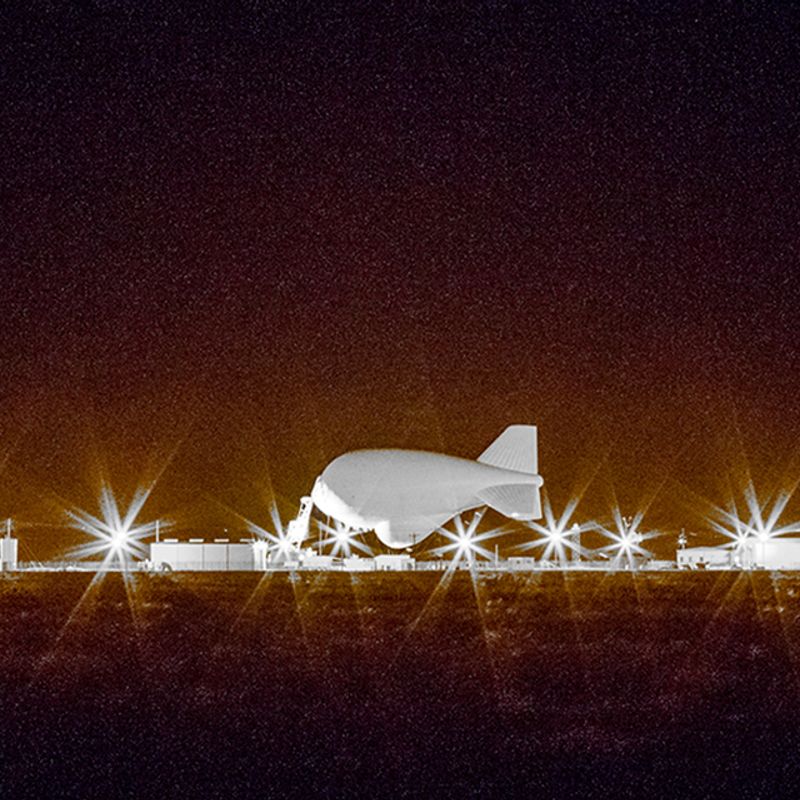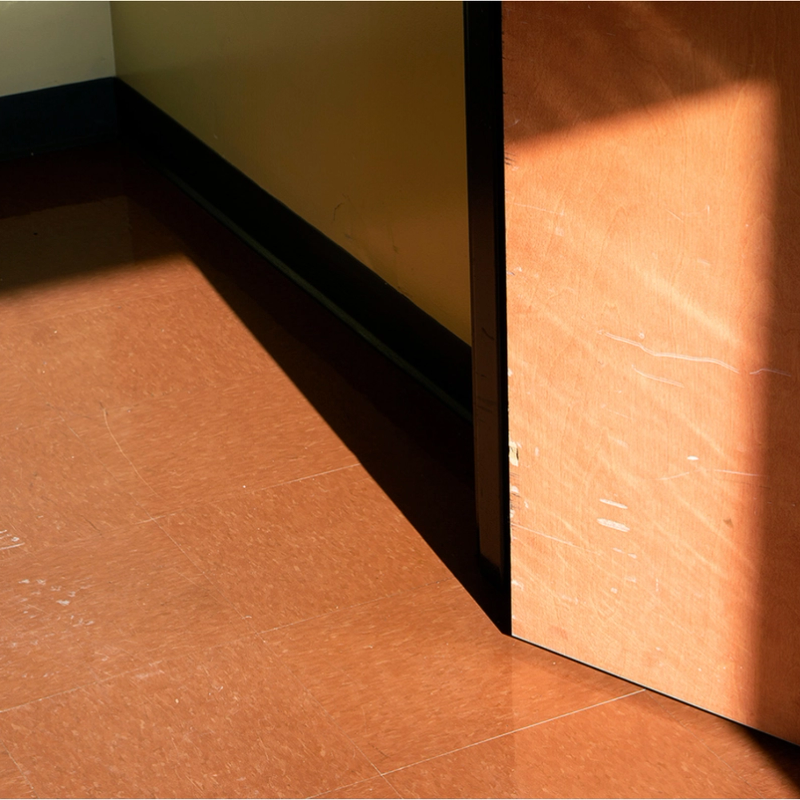La cura
by José WatanabeAn egg’s smooth shell
cupped in the maternal hand
sweeps across a son’s body, out there in the north.
That is what I saw:
A woman more elemental than you
startling death with folk rites, chanting
with egg in hand, a more modest
priestess I have not seen.
I would watch her shell corn upon her lap
for our evening meal
as the stray dog dissolved into the dew of late sun
lapping
the pain hurled to the ground
with the miraculous egg.
That’s how it was. Life went on without much fuss
between frugal people, father and mother
who asked if I felt better. The one real value
was to live.
Clouds shifted by the open skylight
as hens aligned their holy ova inside their wombs
and my mother waited once again for the freshest egg
with one certainty:
Life is physical.
And with that certainty she rubbed the egg against my body
and thus she would prevail.
In that still and certain world I was cured forever.
In me all miracles shall be done. That’s what I saw,
and what haven’t I seen.

